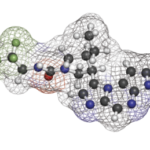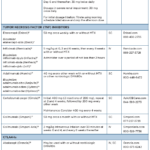It feels like a long decade has passed since March 2020. At The Rheumatologist, we closed out 2020 with a special supplement on gout. Physician Editor Phil Seo, MD, MHS, kicked off that supplement with, “COVID-19. Black Lives Matter. A new gout guideline. These are some of the things 2020 ushered in. And we’re unlikely…








